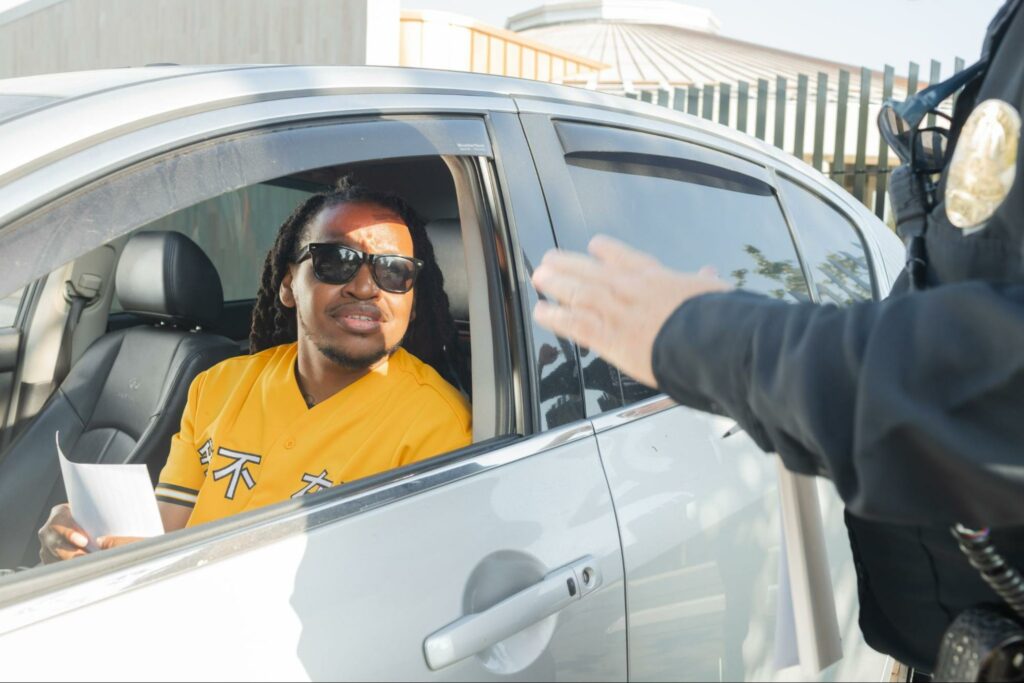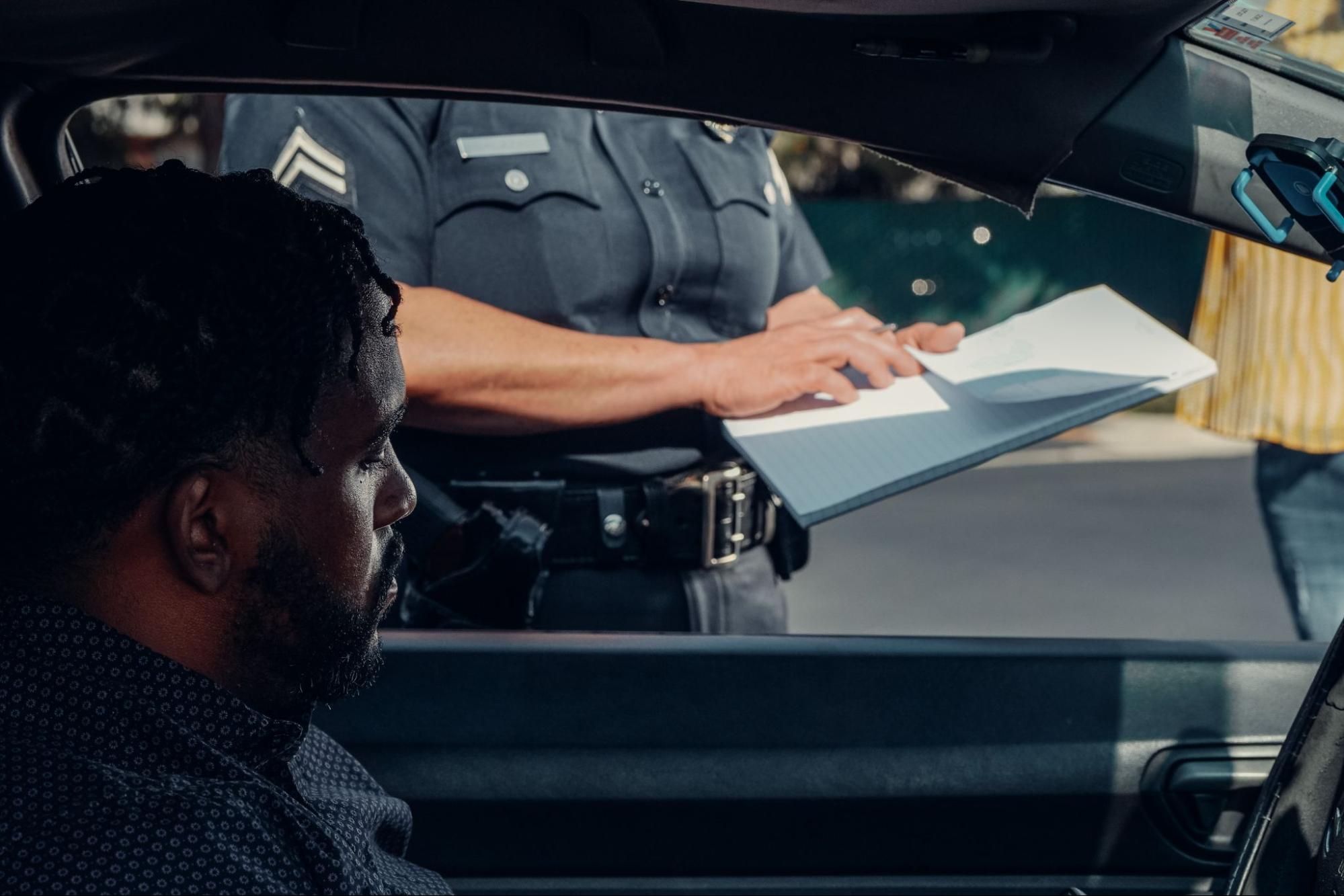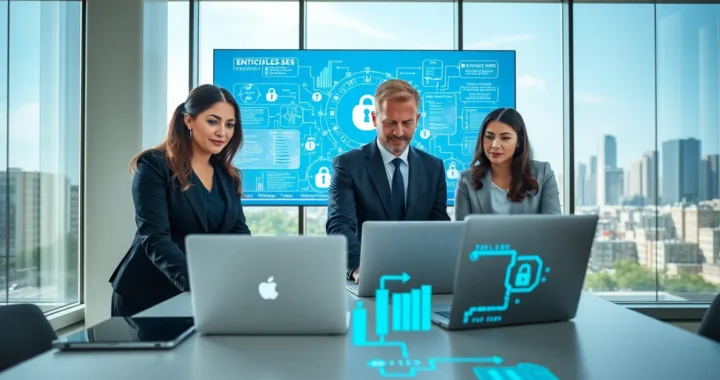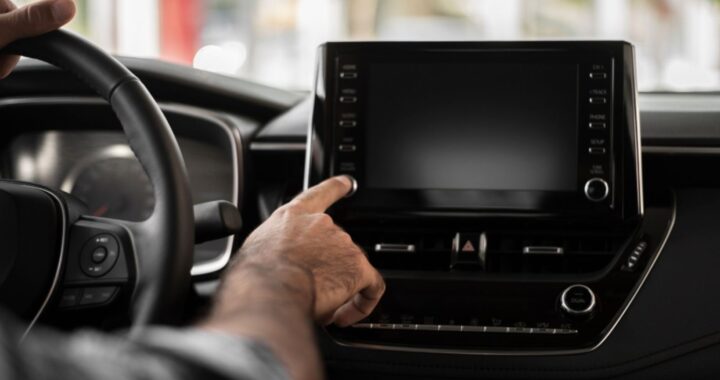Speeding Violations: How Long Does a Cop Have to Pull You Over for Speeding

How Long Does a Cop Have to Pull You Over for Speeding
When it comes to speeding and being pulled over by a police officer, one common question that often arises is: “How long does a cop have to pull you over for speeding?” The answer to this question can vary depending on several factors. However, in most jurisdictions, there is no specific time limit set for how long a police officer has to initiate a traffic stop after observing a speeding violation.
In general, the law allows officers reasonable discretion when deciding whether or not to pull over a driver for speeding. This means that they have the authority to make that judgment based on their professional experience and assessment of the situation at hand. While some states may have guidelines suggesting officers should initiate stops within a certain timeframe after witnessing an offense, these are not hard and fast rules.
It’s important to note that even if an officer doesn’t immediately pull you over for speeding, it doesn’t mean you won’t be held accountable later. In many cases, officers may choose to document the violation and issue a citation at a later time or location. So regardless of how much time has passed since the incident occurred, it’s always best to comply with traffic laws and drive responsibly.
In conclusion, there isn’t typically a specific time limit for how long a police officer has to pull you over for speeding. Their decision-making process is based on their professional judgment and other pertinent factors at the time of observation. It’s crucial to prioritize road safety by obeying speed limits and driving attentively at all times.
Speeding Violations and Consequences
When it comes to speeding violations, one question that often arises is how long does a cop have to pull you over for speeding? Understanding the time frame in which law enforcement can initiate a traffic stop for speeding is important for all drivers. Let’s delve into this topic and shed some light on the consequences of such violations.
In most jurisdictions, there isn’t a specific time limit dictating how long a police officer has to pull you over for speeding. The decision to initiate a traffic stop typically rests with the discretion of the officer. They may choose to pull you over as soon as they observe an infraction or wait until it is safe to do so.
It’s important to note that even if you are not pulled over immediately after exceeding the speed limit, it doesn’t mean you won’t face any consequences. In many cases, officers can use various methods like radar or speed cameras to capture evidence of your violation. This evidence can be used against you at a later time, resulting in fines, points on your driving record, increased insurance premiums, or even license suspension depending on the severity of the offense and local laws.
The consequences of speeding violations vary from state to state and can also depend on factors such as previous offenses and the extent of your speed over the limit. It’s crucial to familiarize yourself with your local traffic laws and penalties associated with speeding infractions.
To sum up, while there isn’t a specific timeframe within which an officer must pull you over for speeding violations, it’s essential to remember that consequences can still be enforced even if they don’t stop you immediately. So always adhere to posted speed limits and drive responsibly to avoid any legal troubles or potential harm caused by excessive speed.

The Authority of Police Officers
When it comes to traffic enforcement, police officers hold a significant amount of authority. They are responsible for maintaining public safety on the roads and ensuring that drivers adhere to traffic laws. In the context of speeding violations, many people wonder how long a cop has to pull them over after observing their vehicle exceeding the speed limit.
While there is no set time limit specified in the law, police officers generally have discretion in deciding when and where to initiate a traffic stop. Factors such as road conditions, traffic volume, and officer availability can influence this decision. However, it’s important to note that officers must exercise their authority within reasonable boundaries and follow established protocols.
Typically, once an officer observes a vehicle exceeding the speed limit, they will proceed to pull over the driver as soon as it is safe and practical to do so. This means that they may need to wait for an appropriate location or wait until other pressing matters are resolved before initiating the stop.
It’s worth mentioning that while there might not be a specific time limit for pulling someone over for speeding, officers are expected to act promptly when enforcing traffic laws. Delaying a stop unnecessarily could potentially undermine the effectiveness of enforcing speed limits and compromise public safety on the roads.

 Is 48Ft3Ajx Harmful? What You Need to Know
Is 48Ft3Ajx Harmful? What You Need to Know  The Ultimate Guide to Off-Piste Skiing in the Alps
The Ultimate Guide to Off-Piste Skiing in the Alps  Htsicret: Understanding Its Significance
Htsicret: Understanding Its Significance  Is Vallpo523.zvc5.0o Good For Skin?
Is Vallpo523.zvc5.0o Good For Skin?  The Importance of Effective Infotainment Solutions for Safety and Navigation
The Importance of Effective Infotainment Solutions for Safety and Navigation  Progression Guide for Successful Clash Royale Boosting for Beginners Who Want to Develop Their Account Faster
Progression Guide for Successful Clash Royale Boosting for Beginners Who Want to Develop Their Account Faster